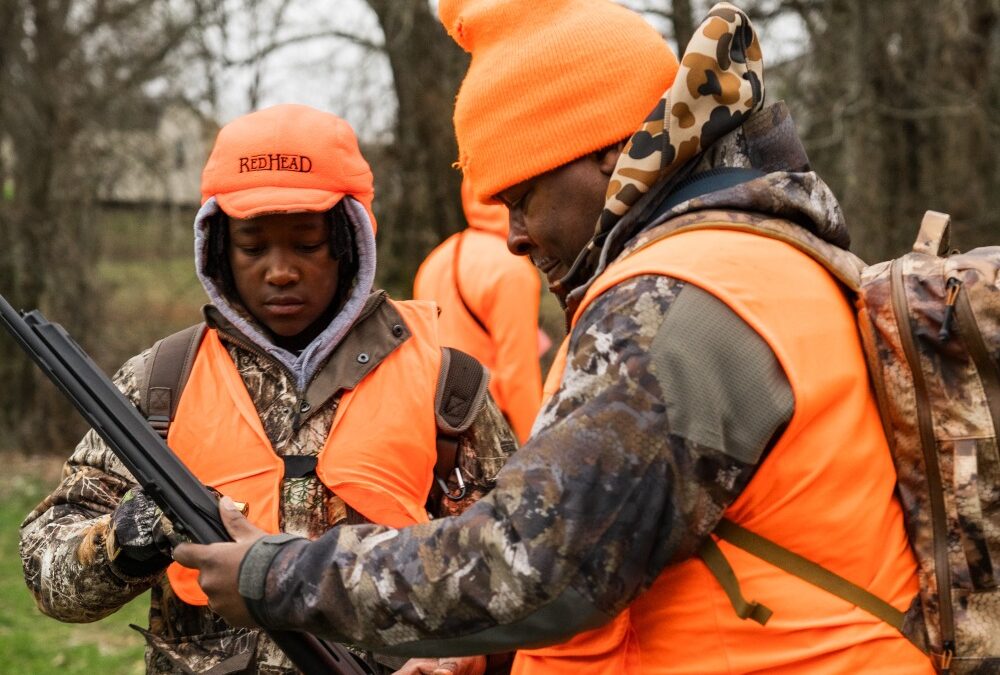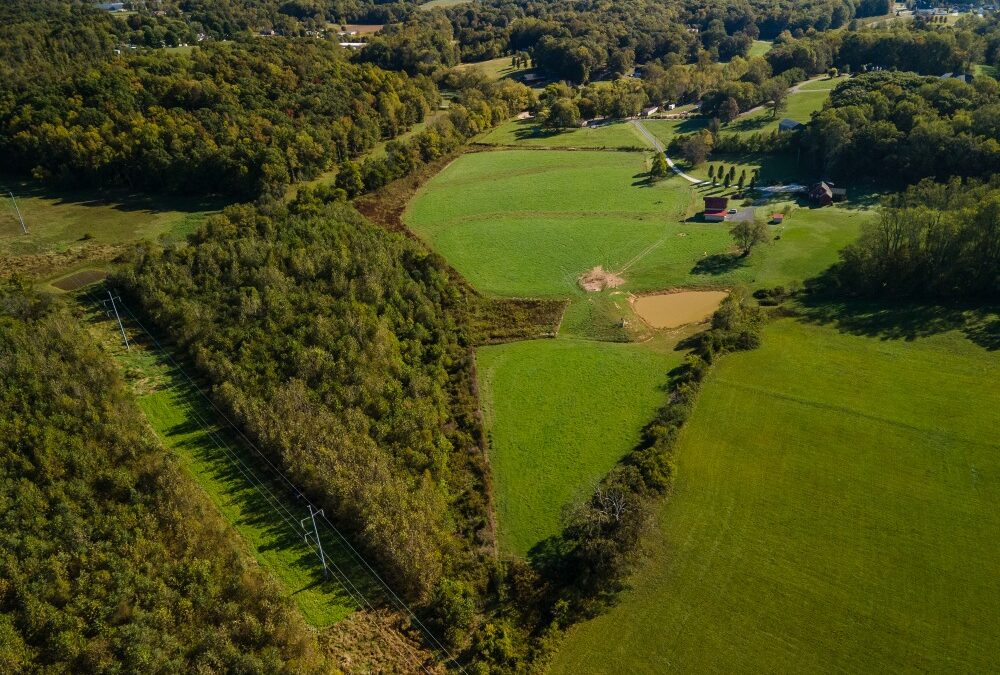Hunting and Fishing Academy’s goal is to recruit, reactivate, and retain hunters and anglers in Tennessee, ensuring the tradition continues.


Hunting and Fishing Academy’s goal is to recruit, reactivate, and retain hunters and anglers in Tennessee, ensuring the tradition continues.

In 2017, Tennessee Wildlife Federation began its first wetland restoration project—a 12 acre site in the Cane Creek watershed in Putnam County. As of 2024, the site has undergone an amazing transformation and is now permanently protected under a conservation easement.
The North American Grasslands Conservation Act is essential for restoring North America’s grasslands and prairies.
The 1937 Pittman-Robertson (PR) Wildlife Restoration and the 1952 Dingell-Johnson (DJ) Sport Fish Restoration Acts provide for a “user pays” American System of Conservation Funding.
Over 270,000 targets were thrown in one of the largest Tennessee SCTP State Championships to date.
On June 14, the U.S. House of Representatives voted to pass the Recovering America’s Wildlife Act (RAWA). More than 1,400 animal and plant species in Tennessee are at risk of becoming threatened or endangered.
Recognizing that resilient partnerships are the key to success, discussions centered on ways to keep partners energized and momentum moving forward as we collaborate on current and future water resource challenges facing Tennessee.
Restoration is key to ensuring this ecologically and economically significant habitat is not lost.
The Duck River is home to more than 50 species of freshwater mussels and 150 species of fish. This settlement maintains a water withdrawal limitation on the Duck River.
Each year, the Federation honors individuals and companies from across the state who are working to conserve our wildlife and wild places.
Tennessee Wildlife Federation received more than 2,500 deer donations to its Hunters for the Hungry program during the 2021–2022 season. These donations provided Tennesseans in need with more than half a million servings of fresh venison.